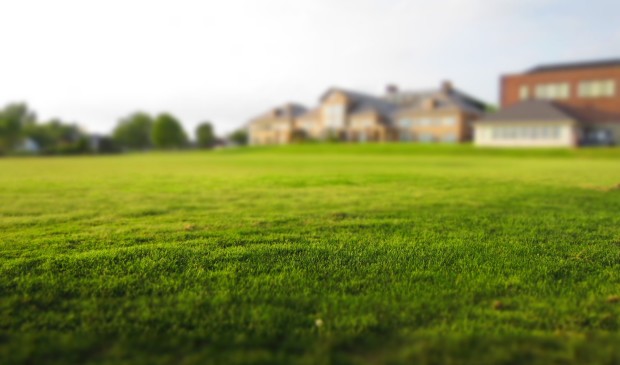Sale of city land divides city interests
Friday, November 20, 2015 by
Elizabeth Pagano Plans for a dog park in Southeast Austin may be dead. Why? In short: The city cannot afford its own land, which is now worth more than six times what it was valued at less than two years ago. But it only gets more complicated from there.
In January 2014, City Council postponed approving a Parks and Recreation Department purchase of 9.4 acres on Winnebago Lane for $225,000 for use as a dog park, in order to allow the Parks and Recreation Board to weigh in on the plan. In March 2014, board members voted unanimously in favor of the parkland creation, but after that, the plan to buy the land – which is owned by Austin Resource Recovery – stalled.
Now the parcel is back before Council, which is being asked to approve its sale to a private owner for $1.4 million in order to help Austin Resource Recovery build an eco-park on a former landfill.
Mayor Pro Tem Kathie Tovo made it clear that she had serious concerns with the process leading up to this decision and the prospect of relinquishing city land that could be used as a park in a dense, mostly industrial area of Southeast Austin.
“It’s taken a year and a half to come back to Council, and now the market value is such that Parks can’t buy it? Is that really the reason that the Parks Department isn’t interested in it as a dog park?” asked Tovo.
Parks and Recreation Department Division Manager Ricardo Soliz explained that the Parks Department would be interested in the land as a dog park if it were available at the 2014 valuation of $225,000. However, since then, the city had solicited bids and received a bid of about $1.4 million from attorney Jimmy Nassour, making it too expensive for the city. Soliz affirmed that there was still a need for a dog park in the area, and that the Parks Department would now have to identify a new property to purchase for that purpose.
“I think we have a problem,” said Tovo, who questioned the process in which one city department made a city-owned piece of property too expensive for another city department to purchase.
Lauraine Rizer, officer for the Office of Real Estate Services, explained that her department “had been struggling with how to do this process for a while” and had submitted a list of properties that were under consideration for sale to Council offices in August 2015. It received no feedback about the Winnebago Lane property.
“I appreciate you trying to find a system,” said Council Member Delia Garza. “But I’ll be honest, there are so many memos and emails that we get, usually it doesn’t even get on our radar until it comes to Council meetings.”
Making things even more complicated, the sale of the land to a private owner could prove very important to another city department.
Austin Resource Recovery Director Bob Geddert explained that the sale of the land was potentially necessary to help finance the 105-acre eco-industrial park that will be the high-profile [re]Manufacturing Hub.
Though Austin Resource Recovery has accepted a grant from the U.S. Economic Development Administration, the grant will go to someone else if the city fails to match the federal funds, and the agency has declined to extend any deadlines.
Initially, ARR planned to sell Certificates of Obligation to raise that money, but as Deputy Chief Financial Officer Greg Canally told the Austin Monitor, state laws governing the sale of Certificates of Obligation are strict, and the project didn’t qualify.
That means Austin Resource Recovery is still looking for about $2.1 million in funding for the [re]Manufacturing Hub, and without the sale of the land on Winnebago Road, it’s unclear where that money will come from.
“My stake on this issue is not necessarily who gets the land but the receipt of funds,” said Geddert.
Tovo asked the city to explore using the Economic Development Reserve Fund for the city’s portion of the project, but she was informed that might not be a viable possibility.
Kevin Johns, director of the Economic Development Department, said the hub was a good economic development project that he hoped “could generate as many as 1,000 jobs.”
However, he said, “Regarding the Economic Development Reserve Fund, the monies that were taken out in the last budget really tapped it out. There are funds left, but if we take any more out of it, it will put the fund in the red.”
For now, Austin Resource Recovery will proceed with the initial phases of developing the [re]Manufacturing Hub to meet its first deadline in December. Construction is scheduled to begin in July, and Council postponed the sale of the property to its Dec. 10 meeting.
You're a community leader
And we’re honored you look to us for serious, in-depth news. You know a strong community needs local and dedicated watchdog reporting. We’re here for you and that won’t change. Now will you take the powerful next step and support our nonprofit news organization?









